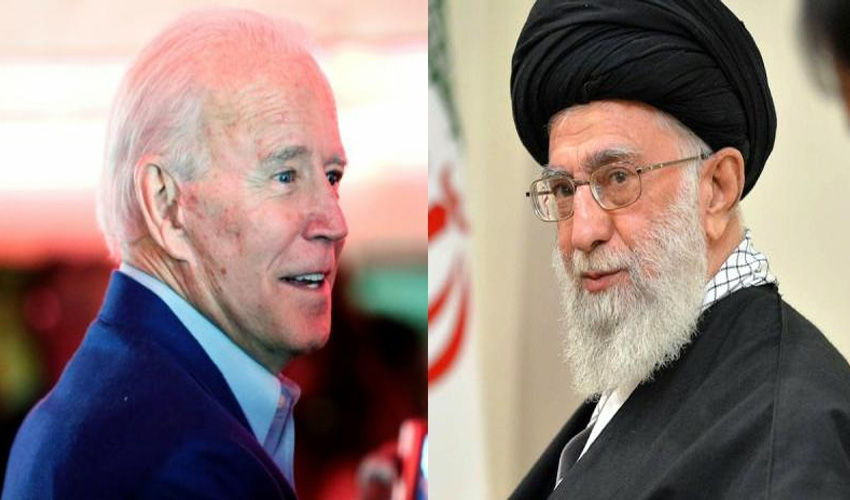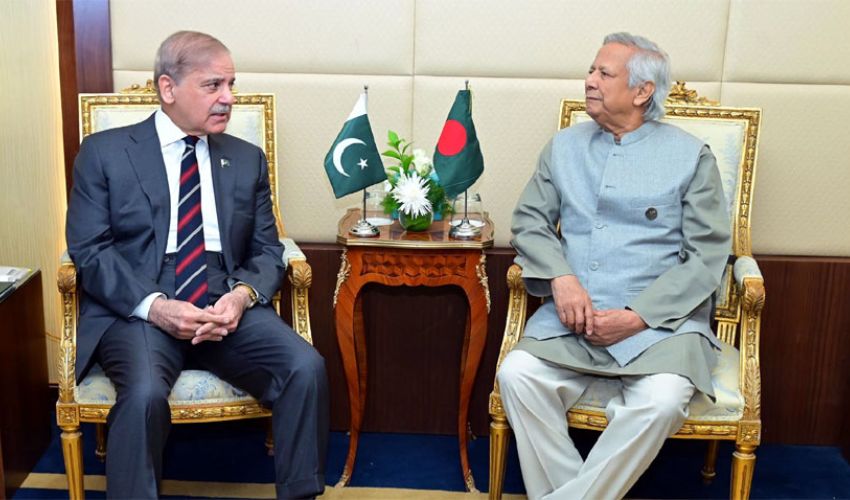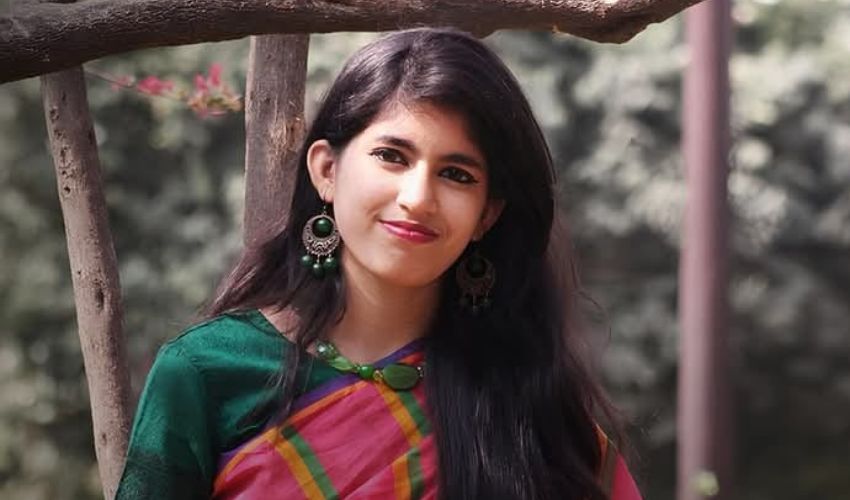The Iranian mission to the United Nations has confirmed the continuation of indirect talks with the United States in Oman, labeling the discussions as part of an "ongoing process."
These negotiations, involving President Joe Biden's top Middle East adviser Brett McGurk and acting US envoy for Iran Abram Paley, are aimed at addressing core issues, including Iran's nuclear ambitions and regional security concerns.
In a statement carried by the official news agency IRNA on Saturday, the Iranian mission noted, "These talks were neither the first nor the last," indicating a sustained diplomatic effort between the two nations.
The discussions come in the wake of increased tensions following the Iran-backed Hamas attack on Israel last October, which resulted in over 1,200 deaths in a single day. Subsequently, Iran-supported proxies have launched over 200 attacks against US forces, blaming the US for its support of Israel.
The urgency of the talks has been heightened by recent developments in Iran's nuclear program. The UN’s nuclear chief recently indicated that Iran could be weeks away from achieving a nuclear weapon, adding a critical dimension to the negotiations.
These issues were also at the forefront of similar discussions in January, which took place amid escalating tensions between Israel and Iran. During that period, Yemeni Houthi forces, supported by Tehran, launched attacks on international commercial vessels in the Red Sea.
The latest round of talks aims to de-escalate regional violence and prevent further attacks, with both sides seeking to manage the volatile security situation in the Middle East.
While the Biden administration remains focused on these indirect negotiations, the path forward remains fraught with challenges, given the complex and multifaceted nature of US-Iran relations.



























